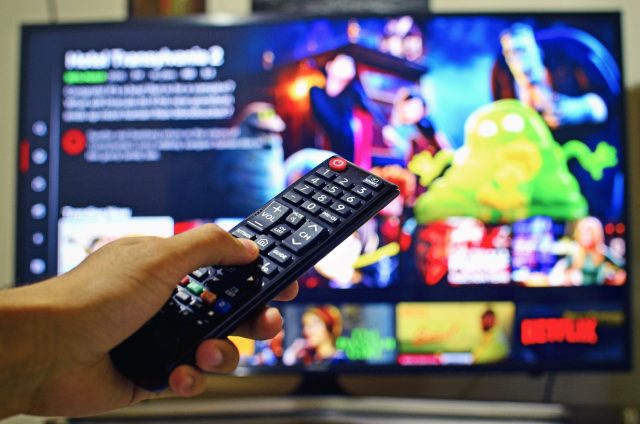
There was a major kerfuffle in Thailand when True, the country’s largest cable operator, suddenly yanked its HBO channels from the air and replaced them with a hodgepodge of new channels most customers felt to be an inferior replacement. That event caused many people living in the country to cut the cord and opt to use streaming services such as Netflix to watch their favourite TV shows and movies.
While US and Europe have been streaming TV for almost a decade now, cutting the cord in Southeast Asia has only recently gained traction. Part of that is due to slower internet speeds or frustrating connections in some countries such as Vietnam and Thailand.
The second issue was a lack of options. Netflix didn’t have a presence in Southeast Asia until 2016 while iFlix, a regional competitor, got started in 2014 offering streaming services in Malaysia before expanding to more countries in the region during the past three years. iFlix has been a hit in particular thanks to modifications with its app that helps it cope with slower internet connections.
While the costs of streaming services vary, subscribing to them still provides a cheaper alternative to cable which costs USD 20 or more in most Southeast Asian countries. That being said, cable is still far more reliable in terms of picture quality and diversity of content, two major factors to consider before making the switch.
The dark side of IPTV
There are plenty of legal services offering streaming services, also known as IPTV, but quite a few illegal services cane be found out there. You may have even seen flyers for some of these at condominium buildings in Thailand, Vietnam and Indonesia where expats are known to live.
These IPTV companies traditionally sell black boxes that can be hooked up to your TV and connect to the internet. Some claim to have live English Premier League football while others boast the same channels you would find in the US. However, nearly all of these services are streaming this content illegally.
In 2018, Bangkok police conducted a series of raids to crackdown on these illegal IPTV operators. Two UK men were eventually arrested for allegedly providing pirated broadcasts of Premier League football in Southeast Asia, according to BBC reports. While no end users were taken into custody, they ended up with a useless box since service was disconnected.
Even if you ignore the legal ramifications of using these IPTV boxes, there are plenty of other issues to consider. For starters, picture quality can vary wildly and channels often come and go since the provider is basically trying to stay one step ahead of the TV provider they’re leaching off of. Many of the outfits running these operations are also of the fly-by-night variety meaning your service could vanish at any moment.
At the end of the day, cutting the cord in Southeast Asia is possible, but IPTV isn’t your best option.
Is cutting the cord in Southeast Asia for you?
The decision to cut the cord is now a viable option in Southeast Asia. As long as you have a stable internet connection and know what you want to watch, you can find the services to match these needs. One the other hand, if you are a channel surfer or value specific content, like European football, you might not want to cut the cord just yet.

































